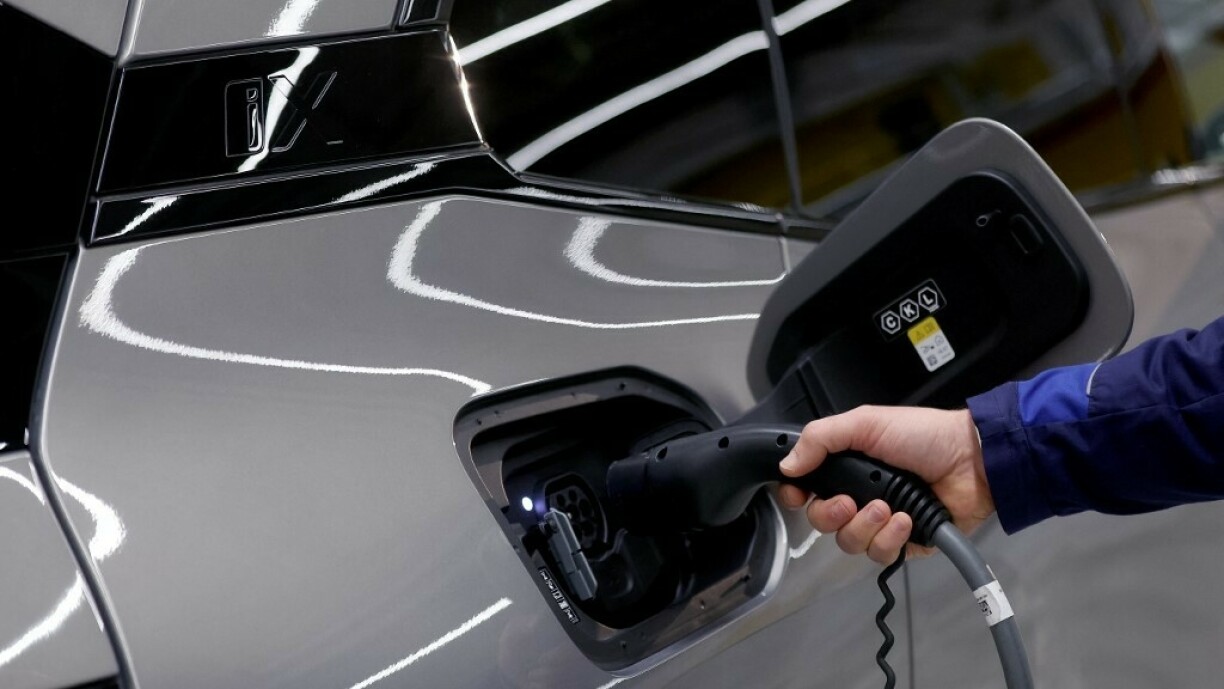
On Monday, Minister of the Environment Serge Wilmes presented the “Mouer a Wiss” climate bonus, which subsidizes the preservation of meadows and wetlands, and on Friday, a press conference on the presentation of concrete measures resulting from the national consultation on renewable energy was to take place. The theme: “Simple – Fast – Renewable”.
But when it comes to another climate bonus program, things are currently neither simple nor fast...
Looking back: In April 2024 and again in June 2024, the “Mobility” climate bonus subsidy program – which includes a bonus for the purchase of bicycles, electric cars, and more – was extended.
The April extension covered the months of April, May, and June. The second extension in June targeted the months of July, August, and September. The “Mobility” climate bonus operated under the old conditions until 30 September, 2024. Since 1 October, new amounts and rules have applied.
However, the payment of bonuses for the second extension period and for the new regime is currently on hold, because the relevant legal framework is still missing. In other words: right now, people are waiting for money they paid out of pocket months ago.
If, for example, someone bought a vehicle eligible for the climate bonus before 30 September, 2024 (and registers it by September 2025), they are theoretically entitled to a subsidy: up to €600 for a bicycle or electric bike, and up to €6,000 for a fully electric car, a family van with at least seven seats, or an emission-free van. These are included in the climate bonus program and were initially paid out without issue.
However, since the second extension of the climate bonus in June 2024, this has no longer been the case. Also affected are applications submitted after 1 October, 2024, when the subsidies were reduced.
Payments for all applications submitted after 30 June are currently “on hold” because the Grand Ducal regulation has not yet been adapted to reflect either the extension or the new rules, according to the responsible Environmental Administration. Until this happens, people will have to keep waiting for their money.
The necessary adaptation of the legislative framework for the eco-bonus lies in the hands of the Chamber of Deputies, but the exact timeframe of its application is not yet known, RTL was told.
However, every file that has been or is currently being submitted will already be processed by the Environmental Administration so that everything is ready to be paid out as quickly as possible once the regulation is amended.
Not affected by the “temporary stop” is the “Housing” climate bonus. This continues to be paid out as normal, as it was before the subsidy system extension. However, the wait time for things like photovoltaic systems is currently around 14 months, according to RTL information. In the future, people should no longer be required to pay upfront – but that law also hasn’t passed yet.
At the press conference on Friday morning, there were still no concrete details about when exactly the “Mobility” climate bonus program would resume. According to Minister of the Environment Serge Wilmes, the government initially adapted the existing regulation, but complications arose when transitioning it into law.
Twice already, the Council of State (Conseil d’État) has issued a formal objection to the new draft law. So now it all hinges on back-and-forth discussions between the government and the Council to finally adjust the legal framework for the “Mobility” climate bonus. Nevertheless, the minister remains confident that this will happen in the near future.
In addition, Wilmes emphasized that work is underway to introduce pre-authorization for such subsidies, which would mean that people finally stop paying the full cost upfront:
“What we especially want to do is eliminate the need for pre-financing and that will also apply to the mobility program. That means people will no longer need to submit an application themselves. They will only pay the difference, and the subsidy will go directly to the businesses.”